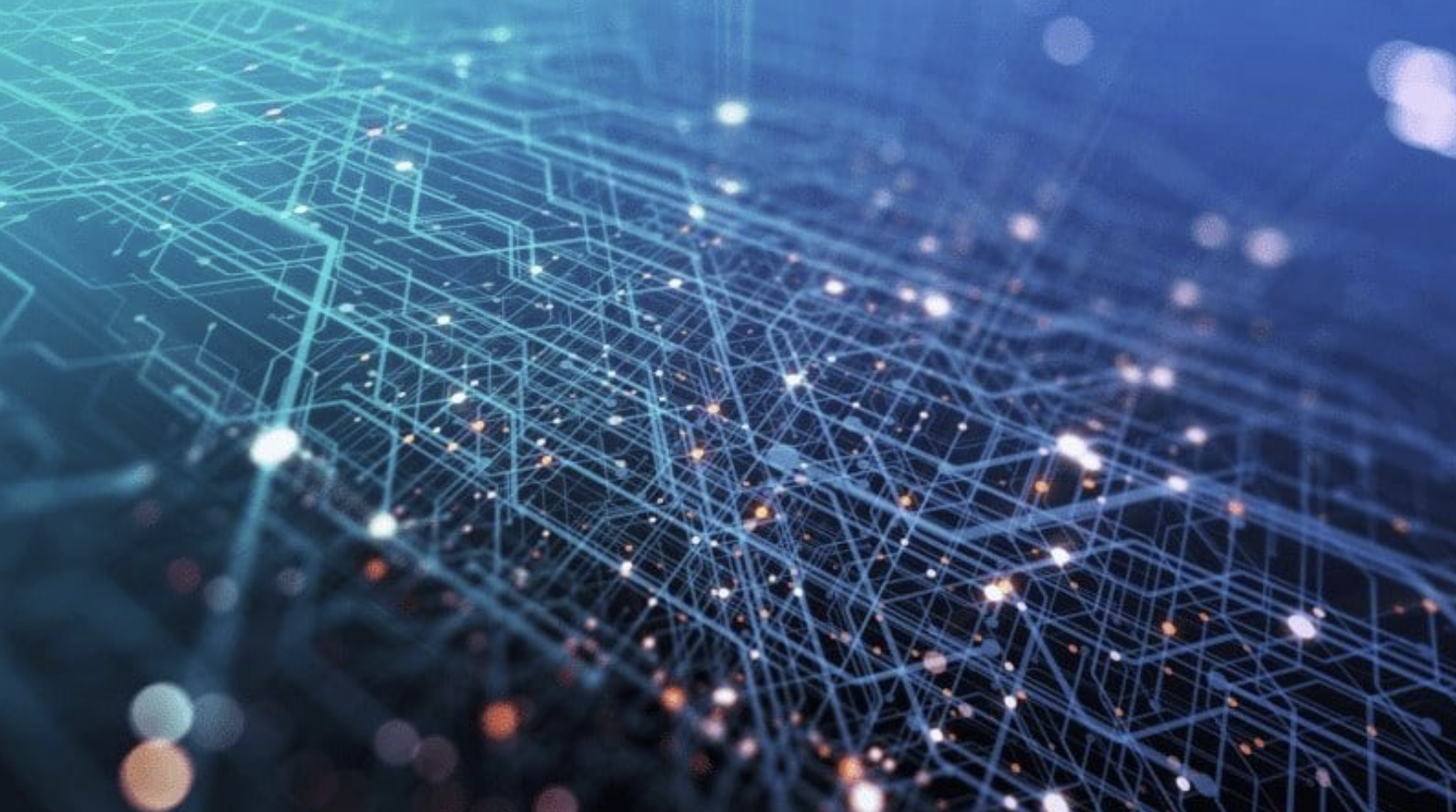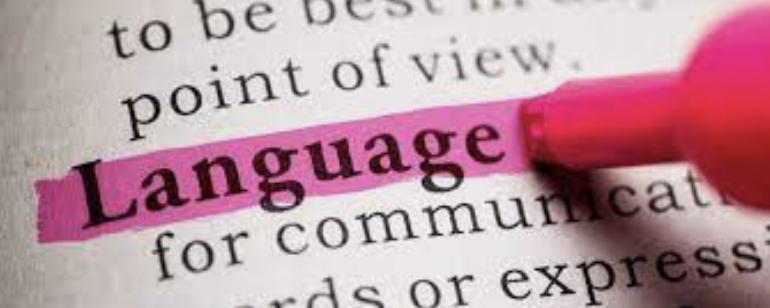103Views

Democracy’s New Frontier
By Diego Vital
Democracy in recent years has been under attack. The wave of anti-democratic rhetoric has reached nations across the globe galvanizing fascism and emboldening autocrats. The new battleground for democracy, however, is not in the cities of Ukraine nor the election polls. Instead democracy’s new battleground is the intangible place that is the internet, and its new contender Artificial Intelligence. Once thought a technology of the distant future, AI has become commonplace in our world. Though undoubtedly useful,AI has also presented new challenges for democracies.
Deepfake videos have produced much entertainment and humor, the idea of seeing the world’s political leaders in comical and at times obscene scenarios draws one’s attention. In 2018 a video of former President Barack Obama garnered millions of views. In this video he expresses his opinion on various topics including that, “Killmonger was right” (a reference to the villain in Black Panther) and referred to President Donald Trump as a “total and complete dipshit.” Jordan Peele, comedian and screenwriter, was behind the deep fake video which was in fact a PSA against misinformation. Nonetheless, deepfake and AI technology have advanced significantly in 5 years, making reality less discernible.
Russia is no stranger to “internet warfare” having interfered in the 2016 US Presidential elections through misinformation campaigns. Russia’s infamous internet trolls are part of a larger operation with direct ties to the Kremlin: The Internet Research Agency. In the beginning months of the Russian invasion of Ukraine an edited video of Ukrainian President Volodymyr Zelenskyy was circulated on social media and hacked news stations. President Zelenskyy’s request in the video that all Ukrainians to surrender was definitely out of place. A Russian operation no doubt, and not a very good one at that. Nevertheless, it is impossible to ignore the role that AI can play in warfare and the influence it can hold over democracy. The outrage at Donald Trump boasting about grabbing women “by the pussy” is the same outrage an AI-generated Joe Biden boasting he rigged the election can evoke.
The possibilities for AI are nearly limitless in what it can make people seemingly say or do. What if AI generated a video of the US President informing the nation he has approved a nuclear strike on Russia…how would Russia respond? Or perhaps an AI generated video of a candidate engaging in illicit acts, how would a campaign be affected? The counterfactuals are endless and frightening to think about. What’s more, AI technology is not limited by deepfake videos; facial recognition also presents a threat to democracy if left unregulated. China’s surveillance state has already implemented facial recognition to keeps tabs on and in some cases shame its citizens for “harming society.”
Fortunately, the threat of Artificial Intelligence is beginning to be recognized. Congressman Ted Lieu of California has recently introduced a bill calling for better AI regulation. He proposes the formation of an agency to oversee AI being used in a safe and ethical manner. Though the establishment of an agency dedicated to AI regulation has its own concerns and challenges; it is vital to have such discourse on how to better manageAI to not only protect the privacy of citizens but the integrity of democracy.


